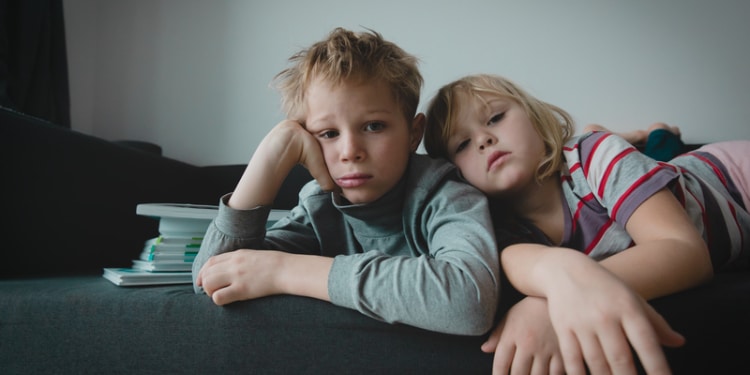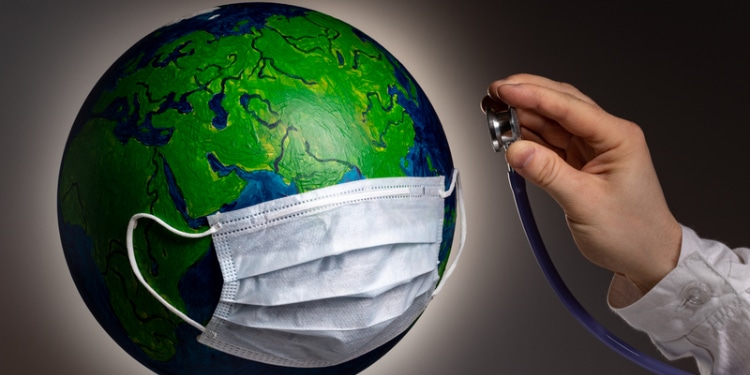









The World Health Organization has issued some important advice for dealing with the mental health toll from Covid-19 (Coronavirus). Acknowledging the fact that this terrible phenomenon is causing untold stress across the world, it has published guidelines: “designed to support the general population, health care workers, health care facility managers or team leaders, caretakers of children or older adults, as well as people in isolation. These are as follows:

The message here is that the coronavirus should not be attached to any particular nationality or ethnicity. Moreover, people should be mindful of the fact that this outbreak will effect countless people in many locations. “Those who have contracted the disease have not done anything wrong. [These victims of the virus] should be referred to as “people who have COVID-19”, “people who are being treated for COVID-19,” or “people who are recovering from COVID-19.””
Honoring the role of these government employees who are doing their job under very difficult circumstances, is also recommended. However, WHO sets out a caution that: “avoiding watching, reading or listening to news that causes distress or anxiety can be useful.” And as an alternative, it suggests searching for: “factual information to take practical steps to protect loved ones.”
Anyone working in this sector should rest assured that at this time, it is completely normal to feel stressed. To that end, you should try to follow the following coping strategies: ensure you get some rest in between your work shifts; consume a good amount of nutritious healthy food, partake in regular physical activity; and remain in contact with friends and family. With regard to unhelpful coping strategies, the WHO recommends avoiding smoking, drinking alcohol, and taking illegal drugs.
The organization notes that: “Stress and the feelings associated with it are by no means a reflection that you cannot do your job, or that you are weak. Managing your stress and psychosocial well-being during this time is as important as managing your physical health.”
The advice here is the same as for health care workers, however, managers have a responsibility to oversee their staff’s duties and expectation. “By using the buddy system (a more experienced worker paired with a less experienced worker) and rotating from high-to low-stress environments, staff will have a better mental capacity to fulfill their duties.” Further, all staff should be told where they can access support for mental health and psychosocial issues. Also, by setting an example as
a role model for self-care, managers can help mitigate their staffs’ stress levels.
Even though youngsters have been stopped from partaking in their normal routine, the WHO recommends that, as far as possible, they should try to maintain familiar routines. Further, it is preferable not to remove their caregiver. Creative activities and continuing social activity via video links is also advised.
The World Health Organization’s top tip, is to avoid feeling isolated by connecting to social networks, and making video calls. Moreover: “healthy activities that promote relaxation, such as regular exercise, regular sleep routines, and healthy food, can keep things in perspective.”